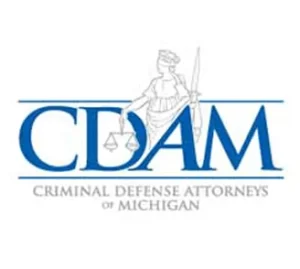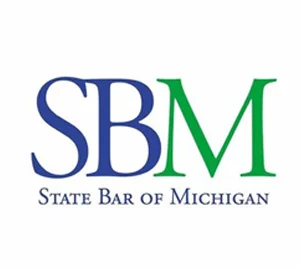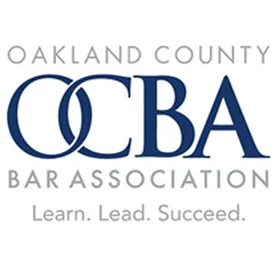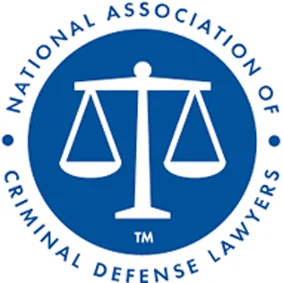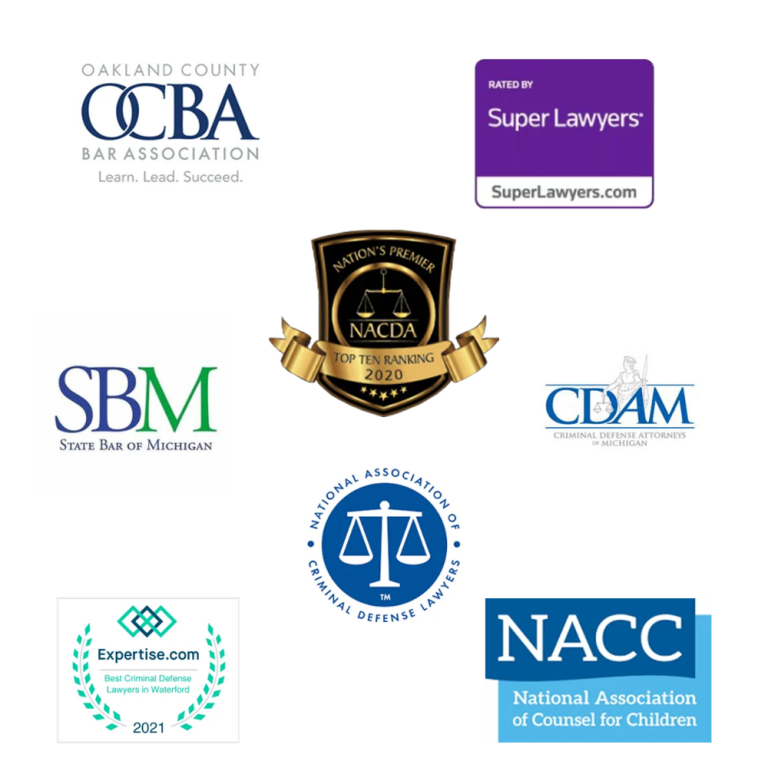Unauthorized access of a computer: What you need to know
| Dec 24, 2020 | Federal Crimes |
Electronic devices increasingly rule the world in which we live. Everything someone knows, all their communications, company secrets and more are often tucked into files on laptops, tablets and smartphones.
It’s very tempting, at times, to peek into one of those devices to see what’s there — especially if you’re looking for information. Do that, however, and you can quickly find yourself facing charges under one or more laws, including the Computer Fraud and Abuse Act (CFAA).
What kinds of activities can be charged under the CFAA
The unauthorized access of a computer is a federal crime under the CFAA only when that computer is “protected.” That includes:
- Devices used exclusively by the federal government
- Devices used partly by the federal government where the intrusion damages the government’s interests
- Devices used by banks or other financial institutions
- Devices used partly by banks or other financial institutions where the intrusion damages the entity’s interests
- Devices used in interstate or foreign commerce and communications
For example, imagine that you suspect your boss at a bank is doing something underhanded. You decide to see what you can uncover on your own, and guessing his password is pretty easy. Even though you didn’t actually exert any technical skills in the process to “hack” the system, it’s still illegal — and a potential felony.
Punishments for offenses under the CFAA
A first-time offense that causes no damage can result in imprisonment for up to a year. If you unintentionally cause any damage, a first offense can be punished with five years in prison. If your damage was intentional (i.e. deleting files), you face 10 years imprisonment.
If you’re charged with a violation of the CFAA, you need experienced legal assistance. Computer crimes are quite serious, especially when the federal government is involved.



